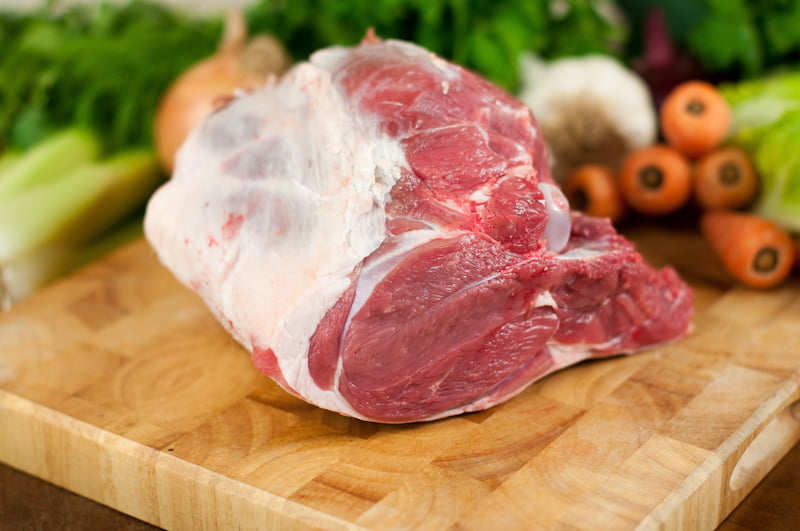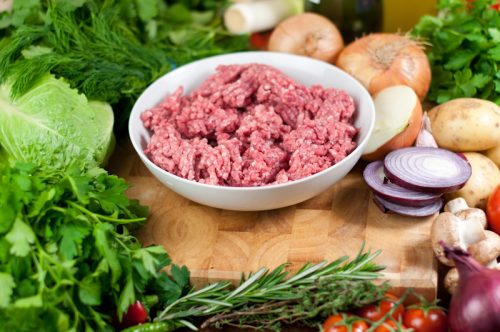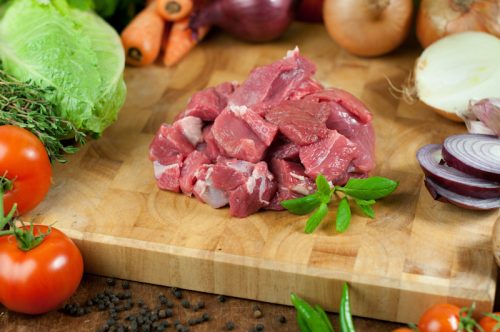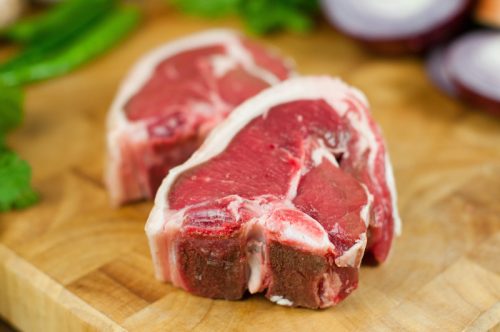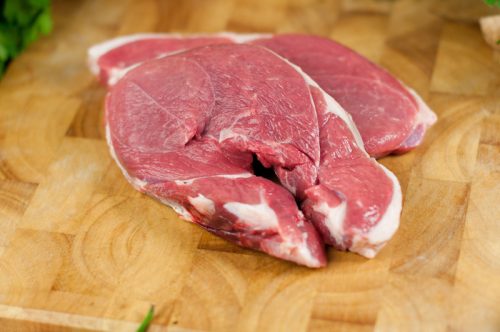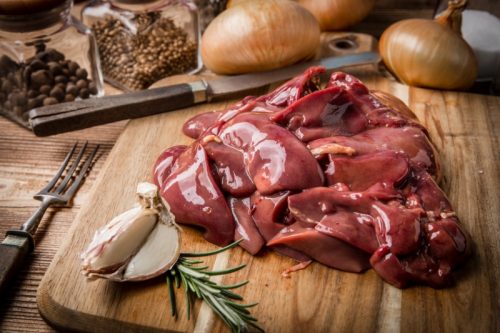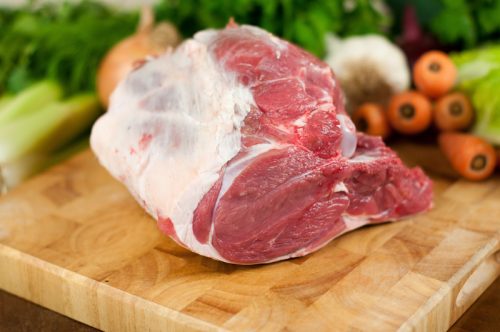What are histamines?
Histamines are naturally occurring organic compounds that are involved in the regulation of the immune system and inflammation.
Your own body naturally produces histamine to help fight pathogens, intoxications and allergies. It is released when your body detects a foreign agent. It causes blood vessels to expand and the skin to swell, which helps protect the body.
Most allergies are caused by an error with the histamine system – your body incorrectly identifies a harmless particle – pollen, animal hair, food, etc – as a pathogen, and starts to produce histamine. With no real threat to combat the histamine causes an allergic reaction with unpleasant symptoms including itchy, watering eyes, a running or blocked nose, sneezing and skin rashes.
Antihistamines are drugs that block the production of histamines, thus reducing the itching and swelling.
Note that in healthy individuals, histamine is a normal and very important compound that is essential for a functioning immune system.
Histamine in food
Histamine is not just produced by the human body, it is found throughout nature in many plants and animals.
In our food, histamine is found in the highest levels in foods that have been aged or fermented.
Cheese, red wine, fish (especially tinned), cured meats and other fermented foods are generally the highest sources, though there are also a wide variety of fruits, vegetables and fungi that can be problematic.
We generally age our beef, however, for between 2-6 weeks depending upon the cut.
During this ageing process, beneficial microbes act on the beef in a process similar to fermentation, improving the texture and flavour, and making the nutrients more bioavailable. A byproduct of this process is the production of histamine.
This means it is NOT a good choice for those suffering from histamine intolerance.
What is histamine intolerance?
A small percentage of the population suffers from histamine intolerance.
Normally the body naturally breaks down any histamine in the system, whether this histamine was produced by the immune system or ingested with food.
A small percentage of the population however are unable to metabolise histamine efficiently, leading to a chronic accumulation of this inflammatory molecule.
Though antihistamines can be used if a histamine intolerant individual is suffering symptoms, the only sustainable long-term treatment is following a diet that is low in histamines. This sadly means avoiding aged beef!
What are the histamine levels in pork, lamb and chicken?
Generally speaking, it is advised to avoid all pork if you are following a low histamine diet as pork is particularly high in histamines.
The GOOD NEWS however, is that lamb and chicken are generally low in histamine. Our lamb and chicken, in particular, are extremely fresh, most likely the freshest you will find.
The best day to pick for delivery for the freshest possible lamb is a Wednesday. Animals generally come back from the abattoir early Tuesday morning, we will butcher and dispatch them the same day for next day delivery.
The best day to pick for the freshest possible chicken is Thursday. Chickens are killed on a Tuesday, then dispatched from us the following day for delivery on Thursday.

